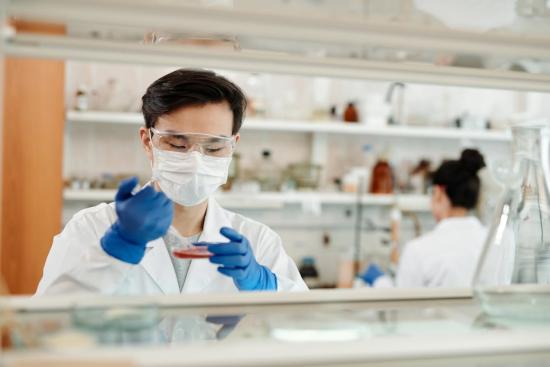
Improved Breast Cancer Risk Tools on the Horizon as Major Study Reaches 20-Year Halfway Point
Scientists are developing breast cancer risk tools that will help to identify women at high risk, even if they do not have a family history of the disease, thanks to one of the world’s largest and longest-running studies into the causes of breast cancer.
Now in its 20th year, the Breast Cancer Now Generations Study, led by The Institute of Cancer Research, London, and funded by Breast Cancer Now, has contributed to the discovery of hundreds of genetic changes linked to breast cancer and shed light on the major lifestyle and hormonal factors associated with the disease.
The discoveries have been used to update risk tools recommended by the National Institute for Health and Care Excellence (NICE) which could help guide personalised prevention strategies. This involves taking risk-reducing drugs, having preventative surgeries, or offering more frequent screening for women at high risk of developing breast cancer.
Over 110,000 participants
Since the study launched in 2004, more than 110,000 participants with a wide age range – including families of sisters, daughters and mothers – have provided blood samples and completed more than half a million questionnaires, and just over 3,000 cases of breast cancer have been reported. This has created an unmatched bank of data that has enabled ground-breaking research into the causes of breast cancer.
Over the next 20 years, the breast cancer risk tools will continue to be improved using developments in artificial intelligence to analyse the vast amounts of data in the study, as well as medical images taken of the participants.
Researchers will also use the data to explore the factors influencing survival after a breast cancer diagnosis. These improvements will ensure women receive more personalised and effective care, and help women make informed choices to protect their health.







